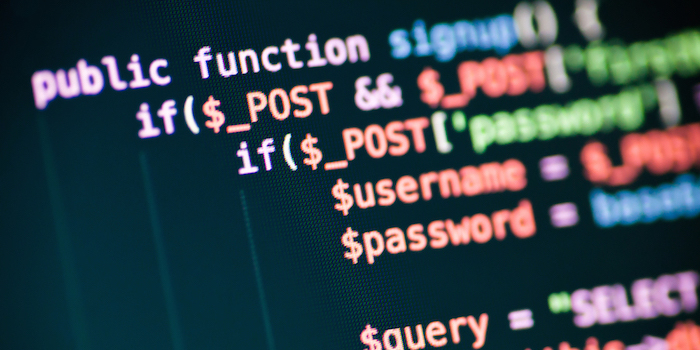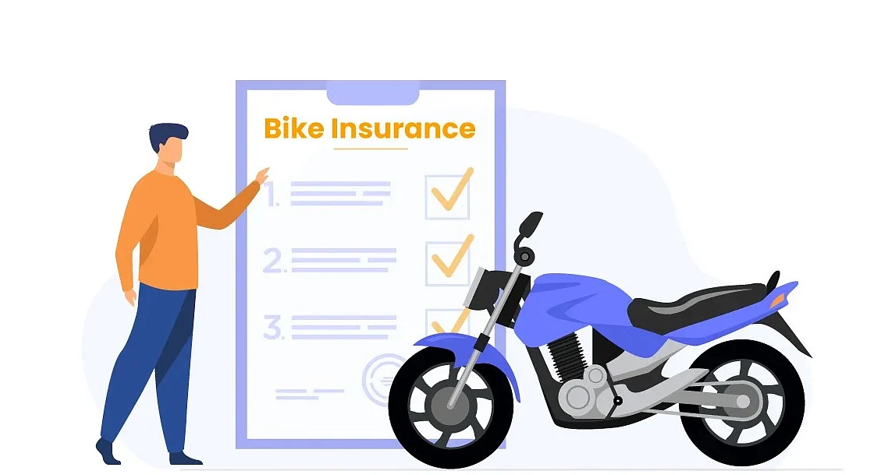Smart contracts have revolutionized the way we interact with blockchain technology by enabling trustless, transparent, and decentralized transactions. However, the use of smart contracts comes with a cost: gas fees.
Gas fees are the amount of cryptocurrency you need to pay for the execution of a smart contract on a blockchain network. The cost of gas fees varies depending on the complexity of the contract and the current demand for the network.
In this article, we will explore gas optimization techniques for smart contracts to minimize gas fees, best practices for writing gas-efficient smart contracts, the impact of gas optimization techniques on transaction costs and user experience, and real-world examples of blockchain projects that have implemented gas optimization techniques.

Gas optimization techniques for smart contracts
To optimize gas usage in smart contracts, developers can use a variety of techniques.
Minimize the number of operations
One such technique is to minimize the number of operations performed by the contract. The more operations a contract performs, the more gas it consumes.
Therefore, developers should try to write contracts that use as few operations as possible. Additionally, developers should try to minimize the amount of data stored in the contract’s storage. The more data a contract stores, the more gas it consumes. Developers can also use data structures such as arrays and maps to optimize storage usage.
Correct data type
Another technique is to use the correct data type for each variable. For example, using a uint8 data type instead of a uint256 data type can save gas. Developers can also use the appropriate math operations to optimize gas usage. For example, using bit shifting instead of multiplication and division can save gas.
Developers can also use external contracts to reduce gas consumption. External contracts are contracts that are already deployed on the blockchain and can be called by other contracts. By using external contracts, developers can avoid duplicating code in their contracts, which reduces the size of their contracts and saves gas. Additionally, developers can use events to reduce gas consumption. Events are a way for contracts to communicate with the outside world without consuming gas.
Best practices for writing gas-efficient contracts
To write gas-efficient smart contracts, developers should follow several best practices.
- First, they should keep their contracts simple and avoid unnecessary complexity.
- Second, they should use data structures such as arrays and maps to optimize storage usage.
- Third, they should use external contracts to reduce gas consumption.
- Fourth, they should use events to reduce gas consumption.
- Fifth, they should use the appropriate data types and math operations to optimize gas usage.
Developers should also be mindful of the gas limit when writing smart contracts. The gas limit is the maximum amount of gas that can be consumed by a smart contract. If a contract exceeds the gas limit, the transaction will fail. Therefore, developers should always test their contracts to ensure that they do not exceed the gas limit.
Additionally, developers should be mindful and find gas crypto prices by using gas tracker tools when writing smart contracts. The gas crypto price is the price of gas in cryptocurrency. Developers should be aware of the current gas crypto price and adjust their contracts accordingly.
Impact of gas optimization on transaction Costs and user experience
Gas optimization techniques can have a significant impact on transaction costs and user experience. By reducing the amount of gas consumed by a smart contract, developers can reduce the cost of executing the contract.
This makes it more affordable for users to interact with the blockchain network. Additionally, by reducing gas consumption, developers can increase the speed of transactions. This improves the user experience by reducing the time it takes to execute a transaction.
Blockchain projects with implemented gas optimization
Several blockchain projects have implemented gas optimization techniques to minimize gas fees. One such project is 0x. 0x is a decentralized exchange that allows users to trade ERC-20 tokens. 0x has implemented gas optimization techniques to reduce the cost of trading on its platform.
For example, 0x uses an off-chain order book that reduces the amount of gas consumed by its smart contracts. Additionally, 0x uses a system of relayers that allows users to submit orders without paying gas fees. Instead, the relayers pay the gas fees and charge a small fee for their services. This reduces the cost of trading on 0x and improves the user experience.
Another example is Uniswap. Uniswap is a decentralized exchange that allows users to trade ERC-20 tokens. Uniswap has implemented gas optimization techniques to reduce the cost of trading on its platform. For example, Uniswap uses a system of liquidity pools that reduces the amount of gas consumed by its smart contracts. Additionally, Uniswap has implemented a mechanism for batching transactions, which reduces the cost of executing multiple transactions at once.
Conclusion
In conclusion, gas optimization techniques are crucial for minimizing gas fees in smart contracts. Developers can use a variety of techniques, such as minimizing the number of operations performed by the contract, using the correct data types and math operations, and using external contracts and events.
Additionally, developers should follow best practices for writing gas-efficient smart contracts, such as keeping contracts simple, using data structures, and being mindful of the gas limit and gas crypto price. Gas optimization techniques can have a significant impact on transaction costs and user experience, and several blockchain projects have implemented these techniques to reduce the cost of trading and improve the user experience.
By following these best practices and using gas optimization techniques, developers can create more efficient and affordable smart contracts.







